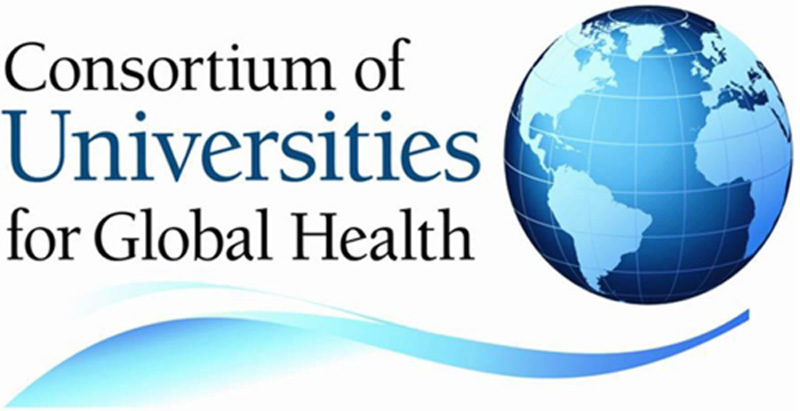The Global Health Competency Subcommittee defines global health competencies appropriate for several levels of training and job expectations, and proposes ways of using competencies in the design of global health curricula.
Carlos A. Faerron Guzmán, MD, MSc – Interamerican Center for Global Health, Costa Rica
Barbara Astle, RN, PhD – Centre of Equity & Global Engagement, Trinity Western University, Canada
Srikanth Mahankali, MD – University of Texas MD Anderson Cancer Center, USA
Anne Dougherty, MD – Larner College of Medicine at the University of Vermont, USA
Comrad Olubunmi Lawal-Alyedun (Bunmi), RN – Global Nurse lead for Global Initiative for Children Surgery (GICS), Nigeria
Joyce Siwila-Saasa, PhD – University of Zambia, School of Veterinary Medicine, Zambia
Amy Moore, RN – Texas Tech University Health Sciences Center (TTUHSC) School of Nursing, USA
Jeff Hartman, PT, DPT, MPH – University of Wisconsin, USA
Jennifer Beard, PhD, MA, MPH – Boston University, USA
Julia Roche, MSW – Baltimore City Public Schools – Refugee and Immigrant Student Empowerment Program, USA
Lindonne Glasgow, MSPH, DrPH – St. George’s University in Grenada School of Public Health
Nancy Bolan, PhD, MPH, FNP, CNM – University of Maryland School of Nursing, USA
Oladele A. Ogunseitan, PhD, MPH – University of California Irvine, USA (Co-Chair)
Sandhip Medhe, MD, MGHD – University of Global Health Equity, Rwanda
Prisca Olabisi Adejumo – University of Ibadan
Rui Dang – Westminster International University
Paula Davis-Olwell – University of Georgia (Co-Chair)
Abdel-Razak Kadry – Maryland Institute for Applied Environmental Health
Joseph R. Egger – Duke Global Health Institute
Tanaz Vaghaiwalla, MD, MS – University of Tennessee
Gabriela Valdez, PhD – The University of Arizona
Dr. Shahanaz Chowdhury, Bangladesh University of Health Sciences (Co-Chair)
Ramsha Zainab (TAC Representative)
Hannah Stewart (TAC Representative)
The Global Heath Competencies Toolkit (Third Edition) defines competencies across a series of domains and includes the competency, teaching strategies, and accompanying resources (websites, articles, reports, books, and study questions) that provides curricular content to support the competencies for proficiency / trainee levels. New to the 3rd edition are three additional competencies as well as an update to the majority of the other eleven resources found in the tool kit. Institutionalization and Sustainable Development, Planetary Health, and Decolonizing Global Health are included in this edition as well as the addition of disability resources.
- CUGH Global Health Competencies Took Kit Survey.
- Development of the “Planetary Health Competency Framework” (collaboration with Planetary Health Alliance)
- Global Health Education in the Context of COVID-19: Building a Community of Practice
